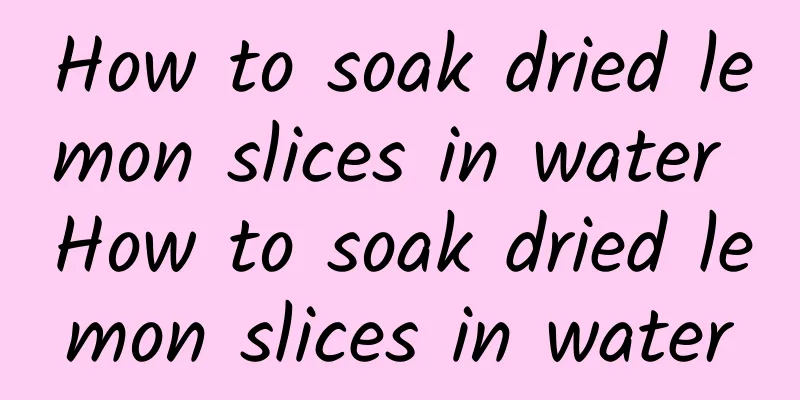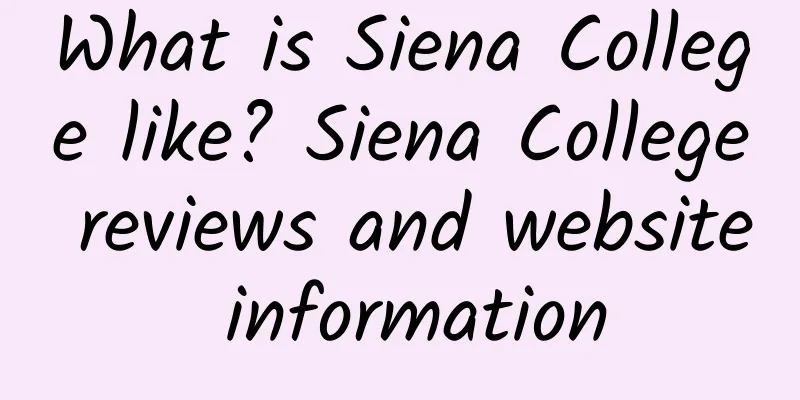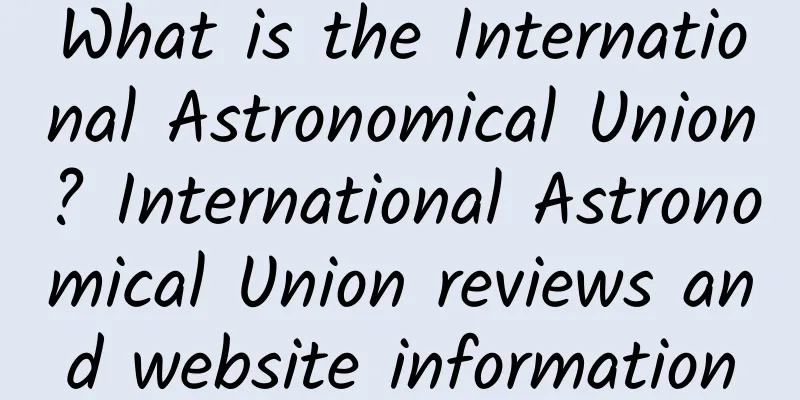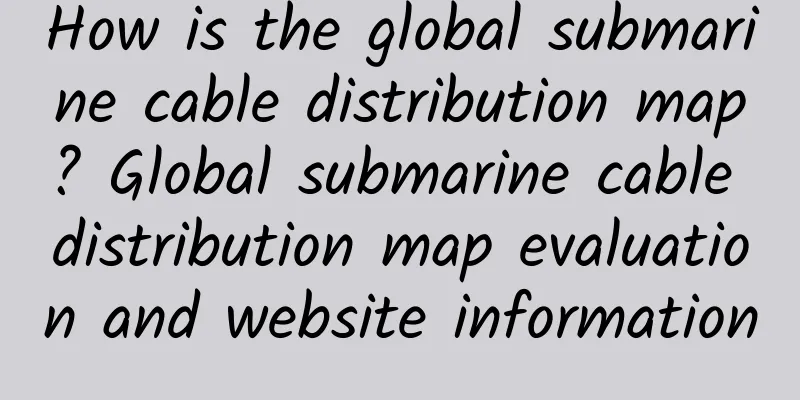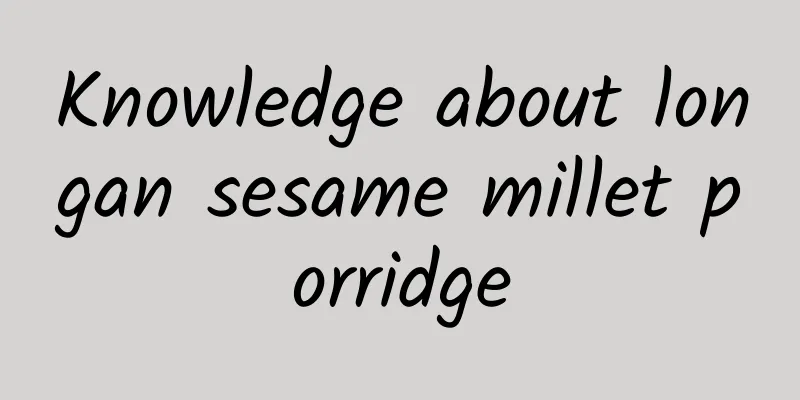What is Wikipedia like? Wikipedia reviews and website information

|
What is Wikipedia? Wikipedia, also known as the "People's Encyclopedia", is an encyclopedia created by people from all over the world in different languages. It is based on wiki technology, emphasizing freedom, free, and open content. Anyone can edit any entry in the encyclopedia. Its purpose is to provide a dynamic, freely accessible and editable global body of knowledge for all mankind. Website: www.wikipedia.org Wikipedia: The free temple of global knowledgeWikipedia, known as the "People's Encyclopedia", has become one of the most popular knowledge platforms in the world since its launch in 2001. Its core concepts are freedom, openness and collaboration, and it is committed to providing a dynamic, freely accessible and editable global body of knowledge for all mankind. The origin and development of WikipediaWikipedia was born out of a simple idea: to create an online encyclopedia that anyone can edit. On January 15, 2001, Jimmy Wales and Larry Sanger officially launched Wikipedia. Initially, it was just a supplementary project to Nupedia (an online encyclopedia written by experts), but soon, Wikipedia's openness and collaboration made it quickly surpass Nupedia and become the main platform for global knowledge sharing. Wikipedia has grown at an astonishing rate. In just a few years, it has grown to include millions of entries covering everything from science to history to pop culture. Today, Wikipedia is available in more than 300 languages, making it the world's largest encyclopedia. The core idea of WikipediaWikipedia's success is inseparable from its core concepts: freedom, openness and collaboration. Anyone can access the content on Wikipedia, and anyone can edit the entries. This openness allows Wikipedia to be updated and expanded quickly to cover the latest knowledge and information. Wikipedia's content follows the "neutral point of view" principle, that is, all entries should present information in a neutral and objective manner. This principle ensures that Wikipedia's content is highly credible and authoritative. How Wikipedia worksWikipedia's operating model is based on wiki technology, which is a technology that allows users to collaboratively edit web pages. Every entry in Wikipedia can be edited and updated by any user. This collaborative model allows Wikipedia to respond quickly to the development and changes of new knowledge. To ensure the accuracy and reliability of the content, Wikipedia has established a strict editing and review mechanism. Although anyone can edit an entry, all edits are recorded and reviewed. In addition, Wikipedia has a team of volunteer editors who monitor and review content to ensure that it meets Wikipedia's quality standards. The impact of WikipediaThe emergence of Wikipedia has completely changed the way people acquire knowledge. It not only provides a free and open knowledge platform for users around the world, but also promotes the democratization and popularization of knowledge. No matter where you are in the world, as long as you have an Internet connection, you can access Wikipedia and get the knowledge you need. The influence of Wikipedia is not limited to individual users. Many educational institutions, research institutions and media rely on Wikipedia as an important reference material. Wikipedia content is also widely used in academic research, news reporting and public policy making. Challenges and the future of WikipediaDespite its huge success, Wikipedia also faces some challenges. First, due to its open and collaborative nature, Wikipedia's content is sometimes subject to malicious editing and false information. In response to this problem, Wikipedia continues to strengthen its review mechanism and encourage users to actively participate in the maintenance and update of content. Secondly, Wikipedia's operations rely on donations and volunteer support. As a non-profit organization, Wikipedia needs to continuously raise funds to maintain its operations and development. Despite these challenges, Wikipedia remains strong and influential. Looking ahead, Wikipedia will continue to be committed to providing a free and open knowledge platform for all mankind. With the continuous advancement of technology, Wikipedia will further improve the accuracy and reliability of its content, expand its coverage, and provide more abundant and diverse knowledge resources for users around the world. ConclusionWikipedia is not just a website, it is a free temple of global knowledge. It brings together the knowledge of all mankind in an open and collaborative way, providing everyone with equal opportunities to obtain knowledge. Whether you are a student, teacher, researcher, or ordinary user, Wikipedia will become an important partner for you to explore the world and acquire knowledge. Visit Wikipedia and start your journey of knowledge! Wikipedia URL: www.wikipedia.org |
<<: What is The Times like? The Times reviews and website information
Recommend
What is Lyon Football Club like? Lyon Football Club reviews and website information
What is the website of Lyon Football Club? Olympiq...
How to store the prepared bayberry wine? How to store bayberry wine
Every summer, when bayberries are available in la...
Can pregnant women eat broom grass? What are the benefits of broom grass?
Broomrape is a wild vegetable widely grown in Hub...
What is the Commonwealth Scientific and Industrial Research Organization of Australia? Reviews and website information of the Commonwealth Scientific and Industrial Research Organization of Australia
What is the website of the Commonwealth Scientific...
How is Colgate? Colgate reviews and website information
What is Colgate? Colgate-Palmolive is a US listed ...
Stuffed Eggplant Recipe
There are many ways to eat eggplant. If you just ...
How to grow Anthurium? Anthurium cultivation method tutorial
Anthurium is a beautiful ornamental plant. It bel...
Should I water my cactus at the roots or on the leaves?
Many people are not particularly clear about the ...
How is Carefree Lifestyle car rental? Carefree Lifestyle car rental reviews and website information
What is Carefree Lifestyle car rental website? Car...
How to grow lavender? Lavender planting methods and techniques
Lavender not only has a beautiful appearance, but...
The difference between sweet potato and sweet potato
We often hear about tomatoes and sweet potatoes i...
The efficacy and function of orange peel
Do you know what orange peel is? Do you know its ...
The medicinal value of river mussel shells The efficacy of river mussel shells
The clam shell is the outer shell of the aquatic ...
Plum Blossom Porridge
What I am going to introduce to you below is some...
What is the Pew Research Center like? Pew Research Center reviews and website information
What is the Pew Research Center website? The Pew R...
